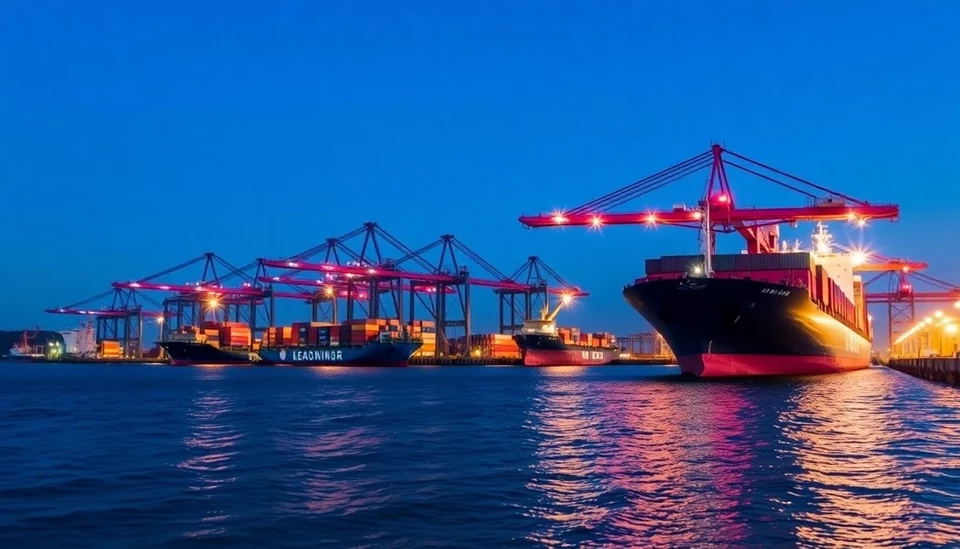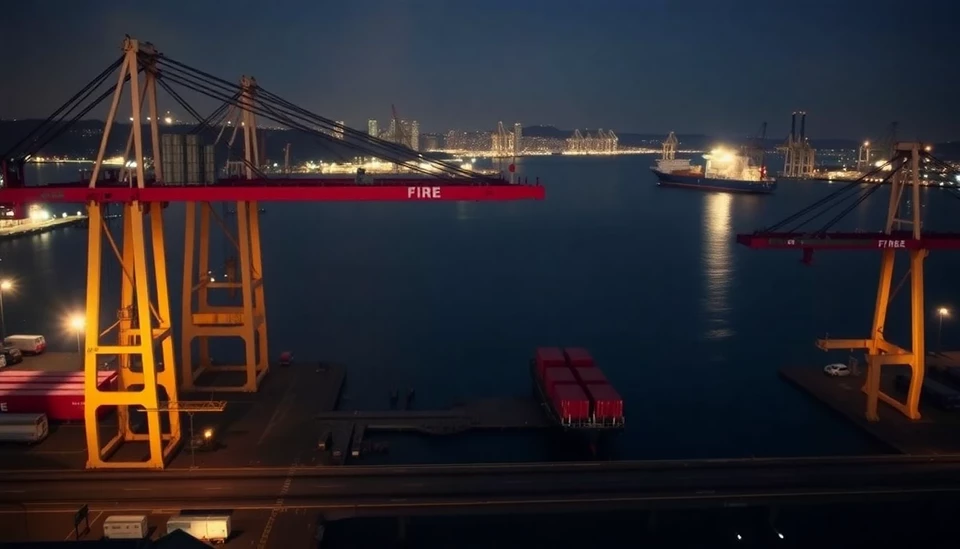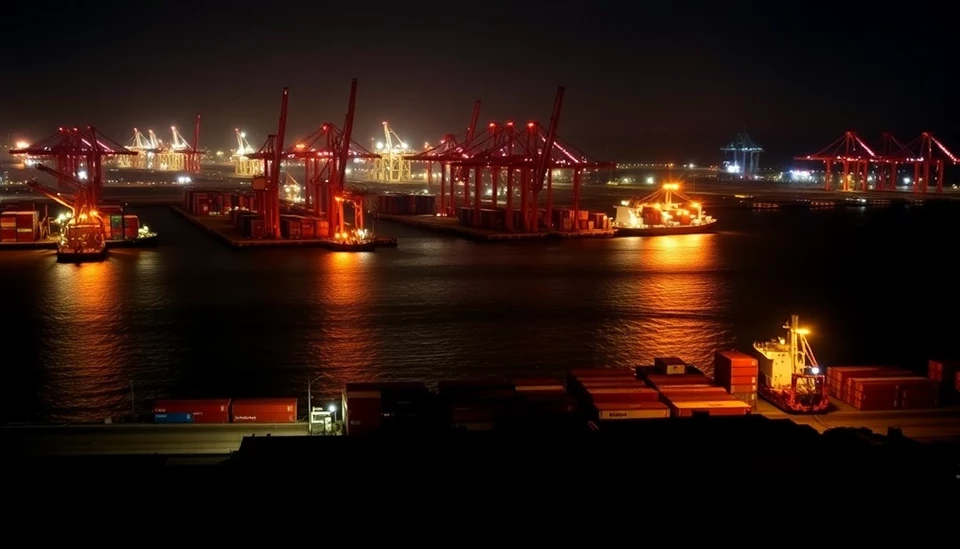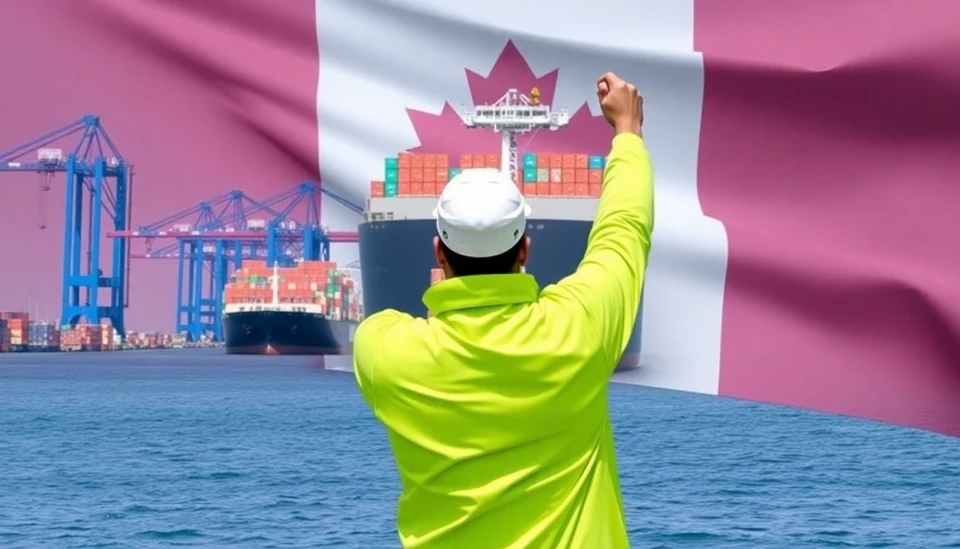
The fragile state of the global supply chains is at the risk of another big disruption. American dockworkers on the East Coast went on strike, demanding improvement in working conditions and higher wages with added benefits. The wave of unrest that hit the strong ports from New York to Savannah arrived hot on the heels of similar actions witnessed on the West Coast earlier this year.
This is a worse timing for a strike. Not only will this strike delay shipments and create backlogs, but it is happening during the holiday season-the time of year that retailers and manufacturers depend on. It adds another layer of disruption to supply chains already disrupted by the COVID-19 pandemic, war in Ukraine, and labour shortages, further amplifying those vulnerabilities.
And then there are the ominous warnings from industry experts. "This strike has the potential to create substantial delays, drive up shipping costs, and slow the delivery of goods from various industries, such as electronics, automotive, and retail," says Mary Novack, a supply chain analyst at Global Port Solutions. "Retailers rely on timely shipments during the holiday season to ensure they are stocked and ready to meet consumer demand. Any delay could result in empty shelves and disappointed customers."
These are not unreasonable demands from the dockworkers. Long hours, stressful conditions, and mostly stagnant wages have pushed these vital workers to the wall. Labor unions fight for what they describe as "fair recognition and compensation for the vital role faced by dockworkers in the global economy."
All these stakeholders are now pushing for an amicable solution as soon as possible. The Federal Government also intervened, expressing apprehensions about wider economic implications and offering to mediate discussions. Early discussions, however, show every sign that neither side will give in, so a quick resolution is not in sight.
Meanwhile, shippers and consignees are bracing for impact. "We're revisiting our strategy and looking at alternative routes or modes of transport, but most of these alternatives come with a price," says Jane Doe, logistics manager at TechGear Inc. "We are encouraging our customers to order early in advance in order to minimize delays.
Most notably, the impacts of a strike are not limited to consumer goods; even essential materials such as pharmaceuticals and food products stand the chance of getting held up, which could influence downstream public health and food security.
As the situation develops, businesses and consumers alike are watching closely. The result of this strike could provide a model for future labor relations in port operations, shaping the course of the discussions and perhaps even bringing changes to the industry that are even more wide-ranging than current ones.
We will further follow the consequences and development of this important strike, and more on that later. For the time being, preparation and adaptability will prove the keys to solving the immediate problems at hand.
#PortStrike #EastCoastSupplyChain #Dockworkers #LaborUnrest #ShippingCrisis #HolidaySeasonLogistics
Author: Rachel Greene




